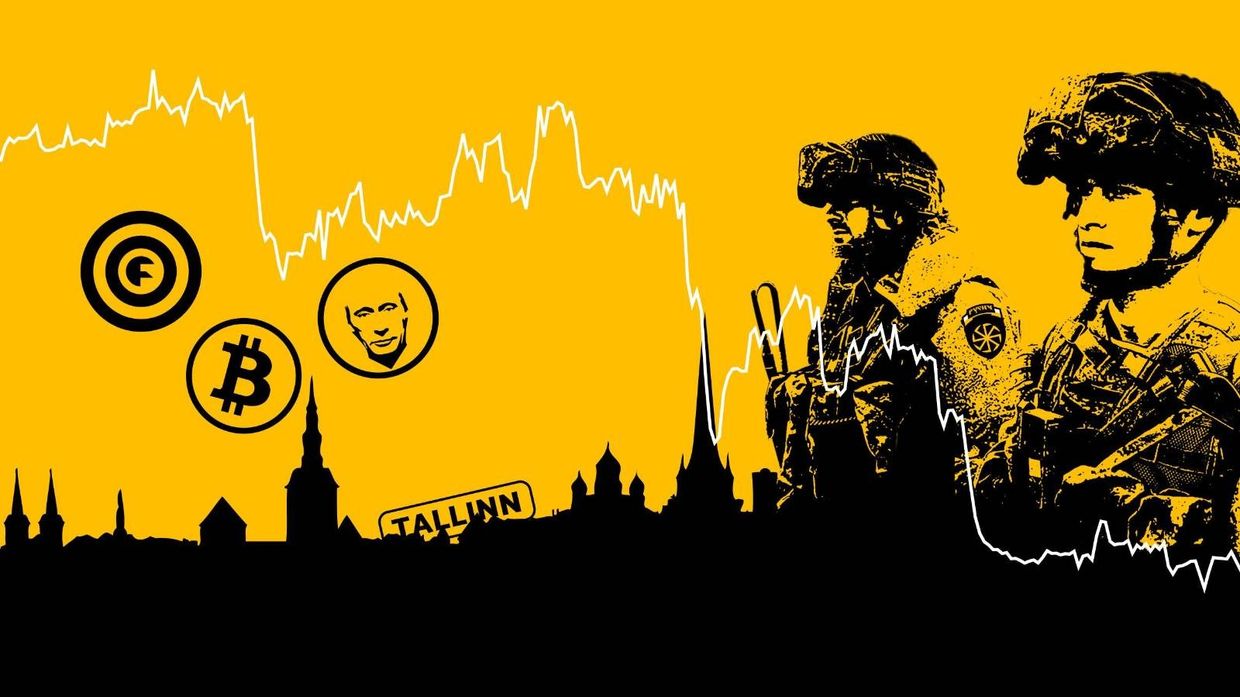
Estonia’s ambitious move to become the first country in the European Union to regulate cryptocurrency businesses has backfired. Instead of attracting legitimate companies and boosting its reputation as an innovative hub, Estonia has inadvertently become a magnet for international crypto criminals.
A recent journalist investigation conducted by an international consortium of media outlets has revealed shocking findings. Close to 300 Estonian-registered crypto companies were analyzed, and dozens of crimes were uncovered, including massive-scale fraud, money laundering, sanctions evasion, and illicit financing of Russian paramilitary organizations.
One of the most disturbing discoveries involves a Russian private military group called Rusich, which is part of the notorious Wagner Group. The investigation found that Rusich managed to receive hundreds of thousands of euros in donations through cryptocurrencies. This funding enabled the private army to carry out multiple war crimes in Ukraine. The anonymity and ease of using crypto made it an attractive method for financing illegal activities.
The journalists also uncovered connections between an Estonia-registered crypto company and Sberbank, Russia’s largest state-owned bank. This raises concerns about the involvement of established financial institutions in facilitating illicit activities through cryptocurrencies.
The investigation highlights the significant challenges in regulating the crypto industry. Estonia’s licensing system was intended to provide credibility and oversight, but it has inadvertently attracted criminals who exploit the “licensed in the EU” title for their sham firms. The country’s reputation as a secure and innovative digital nation has taken a significant hit.
The findings also shed light on the ways in which crypto enables sanctions evasion. Estonia is home to crypto exchange companies that assist Russians in converting their rubles into other currencies, bypassing international sanctions. This includes the use of person-to-person (P2P) methods and partnerships with offshore entities that obscure ownership and facilitate money laundering.
Furthermore, the investigation revealed that even when licenses were stripped from crypto companies involved in illegal activities, they simply moved their operations to neighboring countries like Lithuania. This demonstrates the challenges of effectively regulating crypto businesses across borders and the need for international cooperation to combat crypto-related crimes.
The journalist investigation serves as a wake-up call to the crypto industry and regulatory authorities. It highlights the urgent need for stricter regulations and tighter enforcement to prevent the misuse of cryptocurrencies for illicit purposes. Additionally, it underscores the importance of international collaboration and information sharing in combating crypto-related crimes.
Estonia, once hailed for its innovative e-governance system and booming IT industry, now faces the daunting task of restoring its reputation and addressing the regulatory loopholes that have allowed crypto criminals to flourish within its borders. The findings of this investigation should serve as an impetus for stronger measures to ensure the integrity of the crypto industry and protect against illicit activities.






